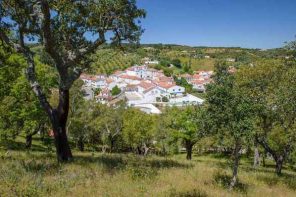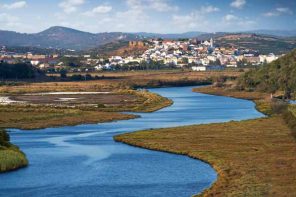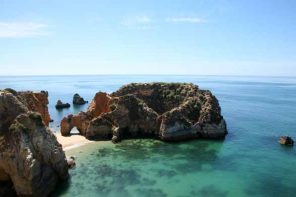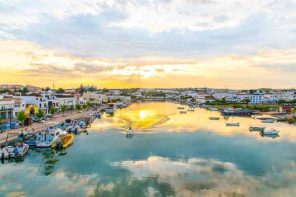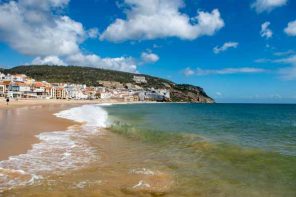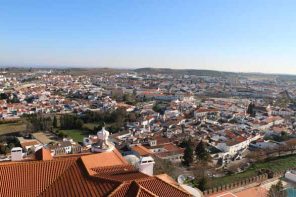TALLYING MORE THAN 2,500 YEARS OF HISTORY, THE HILL-TOP TOWN OF BEJA IS SURROUNDED BY GREEN, WIDE OPEN PLAINS, DEDICATED TO THE FARMING OF WHEAT, OLIVE TREES AND VINEYARDS.
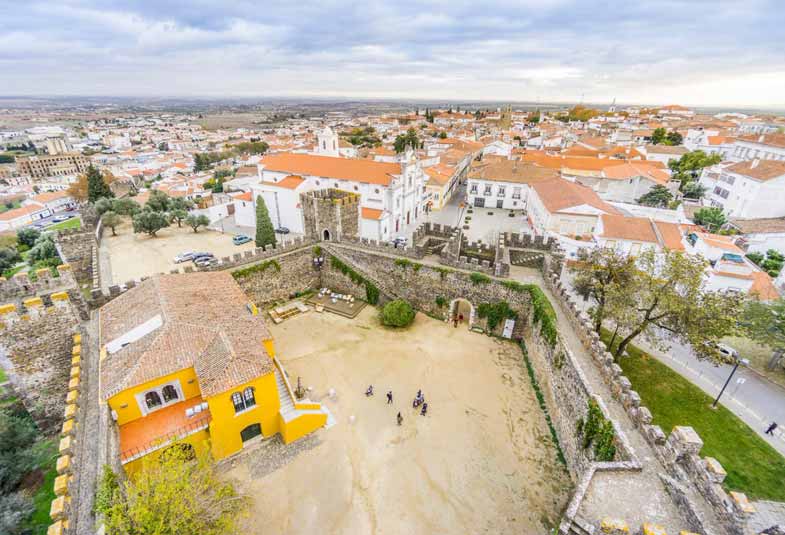
Conquered by the Romans from the Celts and named Pax Julia in honour of Julius Cesar, Beja has since been land of Visigoths and Arabs, was later-on destroyed by the French Invasion, and was rebuilt afterwards for all that wish to visit it, as a display of its resilience throughout History.
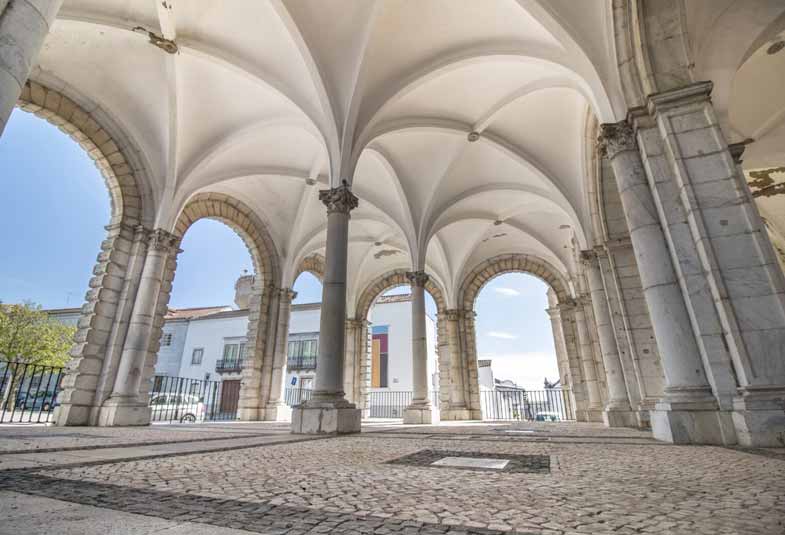
Misericórdia Church
From the top of its castle’s gothic-styled, 130-feet high donjon tower, the highest in Portugal, the surrounding scenery is overwhelming. Once a romantic hideaway for a nun and a French Officer, the Convent of Our Lady of Conception (Nossa Sra. da Conceição) still displays the window where Mariana Alcoforado waited for her lover’s return, possibly inspiring the classic piece of literature, “Lettres Portugaises”.
Nearby, the village of Pisões attracts visitors to its 2,000-year-old ruins of a roman agricultural grange, one of the oldest known in the region.
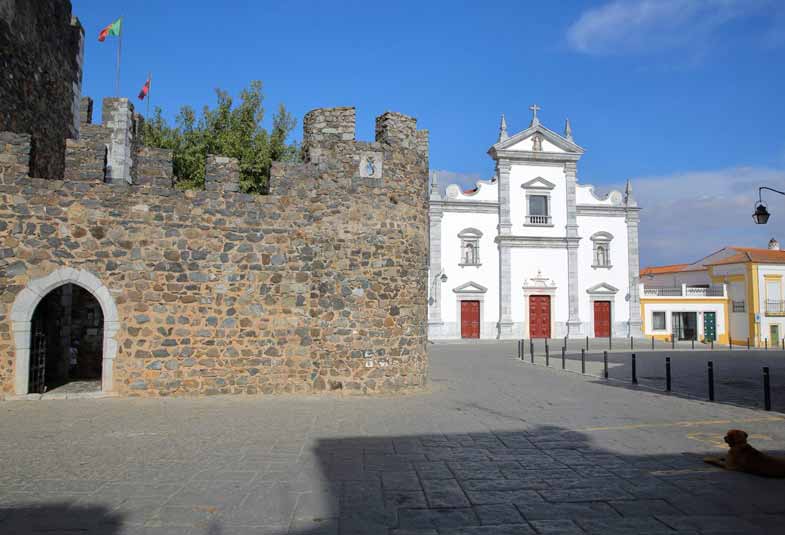
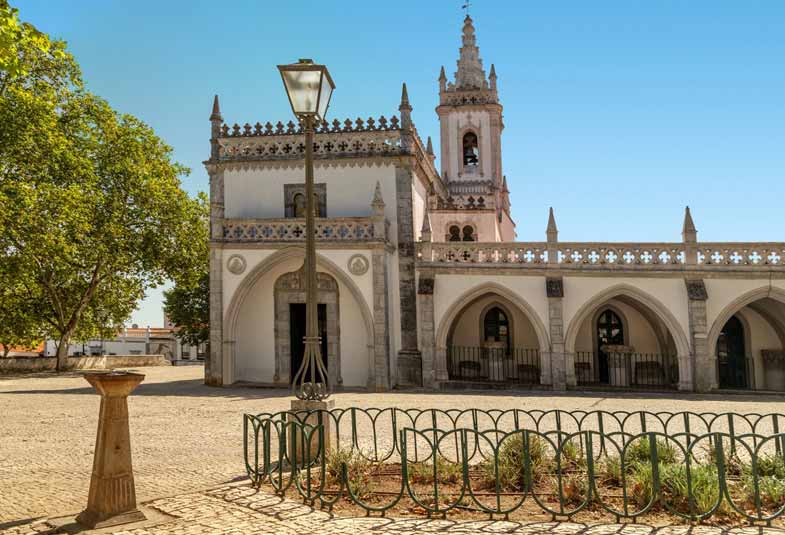
Convent of Our Lady of Conception (Nossa Sra. da Conceição)
Vocacionada para o turismo de natureza, Beja poderá ser ainda melhor apreciada num passeio de balão ou a cavalo, em btt, jipe ou caminhadas, da mesma forme que convida a praticar o birdwatching ou a canoagem pelo Guadiana e seus afluentes.
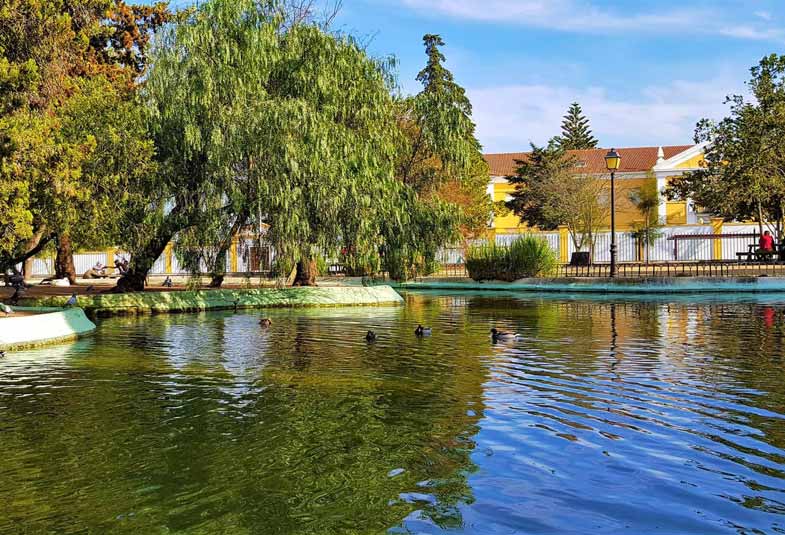
A sopa de beldroegas, as migas com entrecosto, o paio e o vinho, como o da talha, de herança romana, são um despertar das papilas gustativas de um bom garfo.
Anualmente, realiza-se a feira agrícola Ovibeja, de cariz internacional e que atrai milhares de visitantes.


